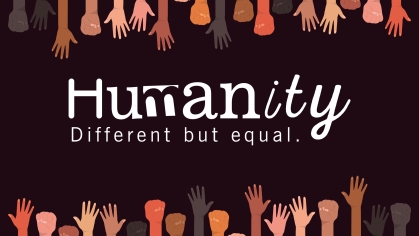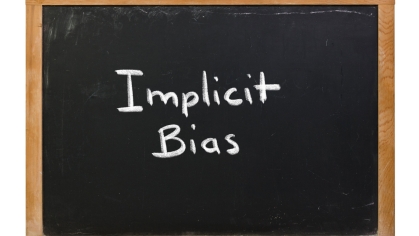Let’s begin with identity. Identities are important because they reflect who we know ourselves to be. We do not move through life with the lens of just one identity, but through the lenses of many intersecting ones (e.g., ethnicity, gender, race, etc.). Some of our identities may be visible to others, and some may not. This also affects our lived experiences and how we move through the world. Dr. Kimberlé Crenshaw, a law professor at Columbia and UCLA, coined the term “intersectionality” in 1989 to explain the interconnected nature of our many identities. More specifically, her scholarly work explained how having multiple marginalized identities create overlapping and interdependent systems of discrimination or disadvantage. I encourage everyone to think about how their identities are connected to their lived experience. How much of your lived experience is based on who you know yourself to be, versus how society sees you and interacts with you? What range of identities are reflected in the people you are closest to? What identities are missing and why? How does a lack of knowledge around different identities impact those you work with (or will work with) in your psychological career?



